EmiratesGBC leaders elected to key global positions at World Green Building Council
Emirates Green Building Council (EmiratesGBC), an independent forum aimed at conserving the environment by strengthening and promoting green building practices, has highlighted its strong role in driving the sustainable development narrative globally with its senior leaders elected to key international positions.
Saeed Al Abbar, Chairman of EmiratesGBC, has been elected Treasurer of the World Green Building Council’s (WorldGBC) Board of Directors. A highly influential group, the Board is made up of global leaders on green building in the building and construction industry. Further, Khaled Bushnaq, Vice Chairman of EmiratesGBC, has been re-appointed Regional Chair of the WorldGBC Middle East and North Africa (MENA) Regional Network – a group of Green Building Councils working to advance green building within the region.
Saeed was elected to the position for his continued leadership in the green building movement and his dedication to improving the sustainability of buildings; both in the UAE, where he also serves as Managing Director of AESG, and at the global level. Saeed has served on the WorldGBC Board since 2015. Khaled has been re-appointed for a two-year term for his leadership in the green building movement and continued dedication to improving the sustainability of buildings, both in UAE and at the regional level.
Cristina Gamboa, CEO, WorldGBC, said: “Our Board of Directors is an influential group of global leaders which works hard to ensure WorldGBC delivers on its collective mission of green buildings for everyone, everywhere. As WorldGBC prepares to implement a new three-year strategy in 2020, Saeed’s role as Treasurer will be essential to fulfil the full potential of WorldGBC globally. Saeed has continued to demonstrate outstanding leadership in the field of sustainability, and has promoted green buildings as one of the most effective solutions to climate change. Similarly, Khaled has been a true champion of sustainability across MENA, and his leadership as Chair will help to strengthen the network of Green Buildings Councils in the region.”
Saeed Al Abbar said: “It is my honour to serve on the Board of Directors of the WorldGBC and join the Executive Committee of the Board as Treasurer. This is a crucial time for the global green building movement as we look to drive action in implementing the UN Sustainable Development Goals within the built environment as well as roll out a new strategic plan for the WorldGBC. The appointment is a testament to the commendable work that the team at EmiratesGBC has done to drive green buildings in the UAE and the region. With the UAE serving as a model in promoting sustainability, underlined by the UAE Vision 2021, and the Energy Strategy 2050, we can further highlight our accomplishments and learn from global experts through our active role in the WorldGBC to drive the global dialogue on sustainable buildings.”
Khaled Bushnaq said: “The MENA region is critical for the growth of green building globally over the next few years. WorldGBC’s MENA Regional Network has been responding to the challenges and opportunities on the ground, ensuring that the region’s buildings ensure a high quality of life for people, minimise negative impacts on the environment, and maximise economic benefits. I am thankful to the Board for reappointing me as Regional Chair of the Network, which will enable us to continue the work we have commenced to promote sustainable built environments that will help address climate change.”
The WorldGBC Board of Directors consists of senior leaders from 15 Green Building Councils around the world. The Board’s role is to advise and oversee WorldGBC’s organisational strategy and governance, to ensure it is operating effectively as a not for profit organisation, and delivering on its mission.
The Middle East and North Africa Regional Network comprises nine Green Building Councils based in the Middle East and North Africa Region: Bahrain, Egypt, Emirates, Jordan, Kuwait, Lebanon, Morocco, Palestine and Qatar. The MENA is currently home to over 350 million people, and its population growth has been characterised by rapid urbanisation. This is projected to continue, with urban population expected to double from 2010 to 2050, from 200 million to nearly 400 million, underpinning the need to promote sustainable built environments.

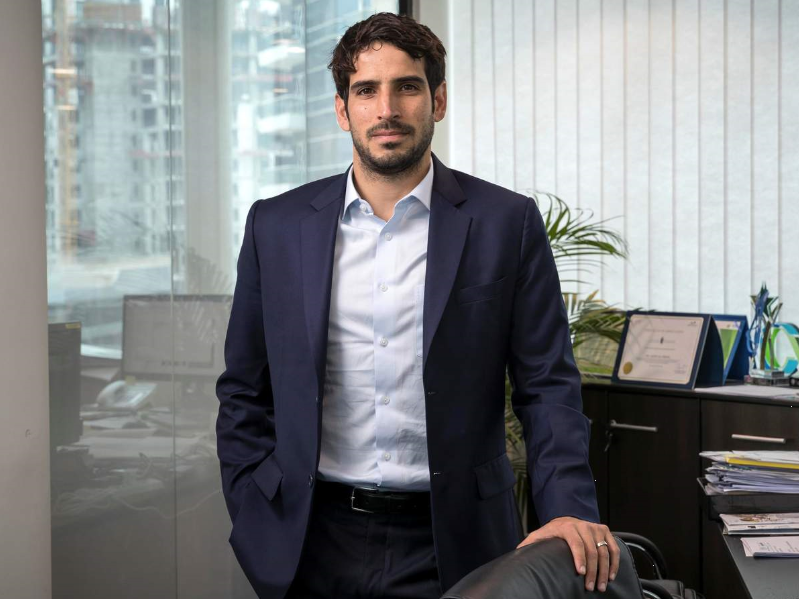


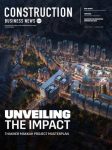
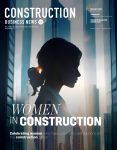




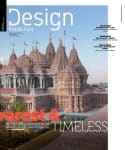


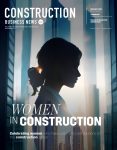
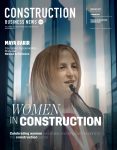

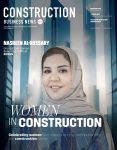
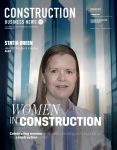
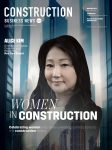
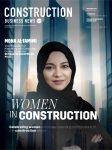
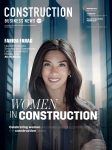
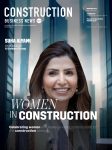
 Kuwaiti developer URC signs with Ahmadiah Contracting for the Commercial District development at Hessah AlMubarak
Kuwaiti developer URC signs with Ahmadiah Contracting for the Commercial District development at Hessah AlMubarak